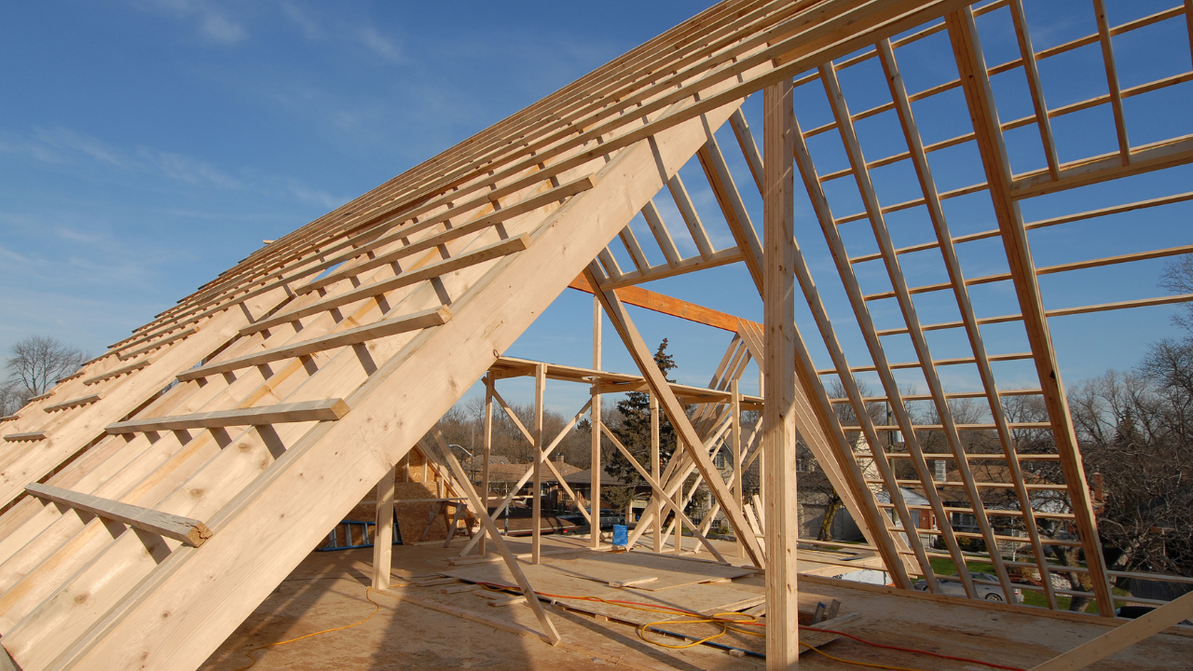What are the Differences Between Commercial and residential?
When it comes to the world of construction, there are two main categories: residential and commercial. While both types involve building structures, some critical differences are worth exploring for commercial and residential construction.
Residential construction primarily focuses on building homes and other living spaces. It is more common to see individual homeowners or small-scale developers engaging in residential construction projects.
On the other hand, commercial construction involves creating structures such as office buildings, shopping malls, hotels, and restaurants. Larger companies or corporations typically undertake these projects. One of the most significant differences between residential and commercial construction lies in their respective purposes. Residential construction is all about creating comfortable and functional living spaces. Builders in this field prioritize factors like aesthetics, energy efficiency, and homebuyer preferences. Customization is a significant aspect of residential construction, as homeowners typically have specific ideas and requirements for their dream homes.
In contrast, commercial construction focuses on functionality and meeting the needs of businesses. These structures are designed to accommodate various commercial activities and often require complex infrastructure, such as ventilation systems, electrical wiring, plumbing, and security measures. The layout and design of commercial properties must facilitate efficient operations and provide a welcoming environment for employees and customers alike.
Another important distinction is the scale of the projects. Residential construction projects tend to be smaller in size compared to commercial ones. While a residential project may involve constructing one or a few houses, commercial construction projects can range from small retail stores to skyscrapers. The larger scale of commercial projects often means longer timelines, larger budgets, and more extensive planning and coordination.
Another key difference is the involvement of professionals. In residential construction, homeowners may take on smaller projects or hire contractors and subcontractors to handle specific tasks. In commercial buildings, however, a more formalized process usually involves architects, engineers, project managers, and a more comprehensive range of specialized professionals. Commercial projects' complexity and specific requirements demand a higher level of expertise and specialization.
One aspect that may be overlooked is the regulatory environment. Commercial construction projects are subject to more stringent codes and regulations than residential ones. Building codes and zoning laws vary by location, but commercial construction must always adhere to strict safety, accessibility, and structural guidelines. Compliance with these regulations is crucial to ensuring a safe and legally compliant commercial property.
While both residential and commercial construction share some common principles, it is clear that their differences are significant. Residential construction focuses on creating comfortable and personalized living spaces, while commercial building involves designing functional business structures. Professionals' scale, complexity, and involvement in commercial projects set it apart from residential construction. Understanding these differences is essential for anyone considering a construction project, whether planning to build their dream home or a commercial building to house their business.
Recent Posts
-
The 5 Biggest Fall Risks on Roofs
Roofing combines elevation, motion, debris, power tools, material staging, and constantly changing w …Feb 24th 2026 -
The Strange Evolution of Roofs (And Why We Still Need Scaffolding to Build Them)
Roofs are one of the oldest building elements in human history. And somehow… they’ve only gotten mor …Feb 23rd 2026 -
Roof Safety Week Starts Monday !!!
At Southwest Scaffolding, we know roofing is one of the most important — and most dangerous — parts …Feb 20th 2026




